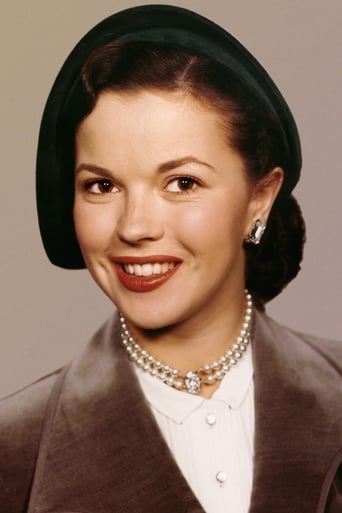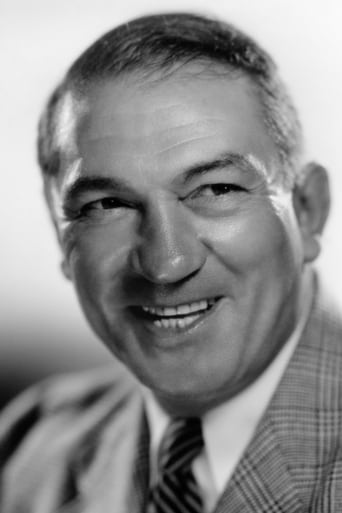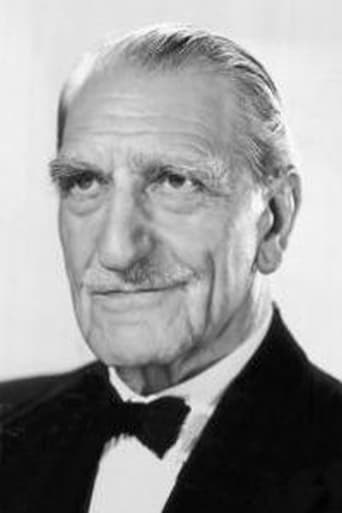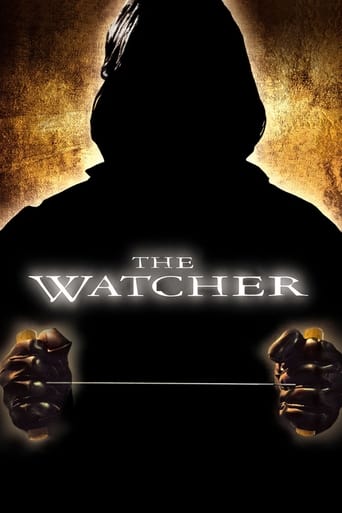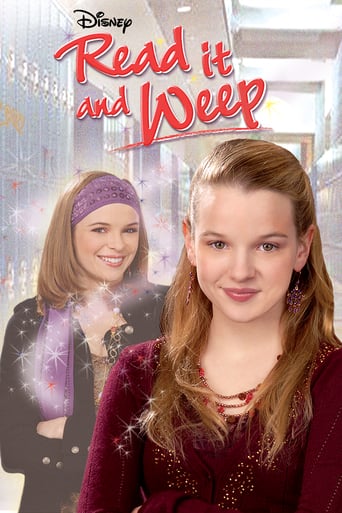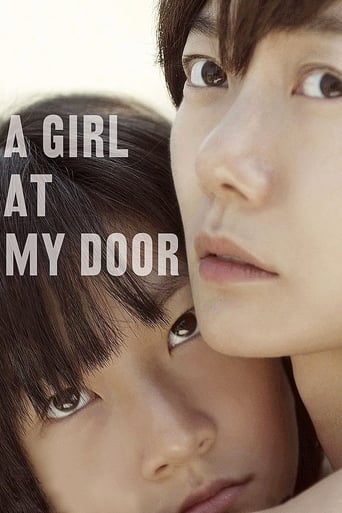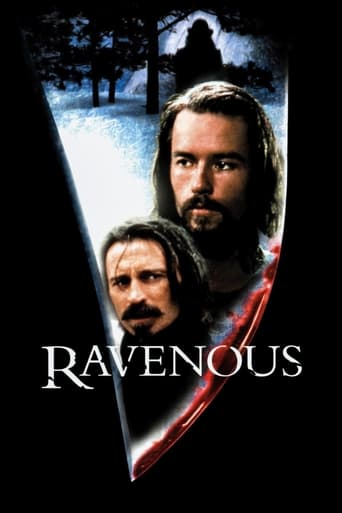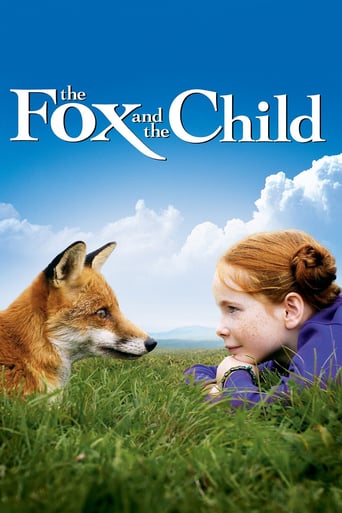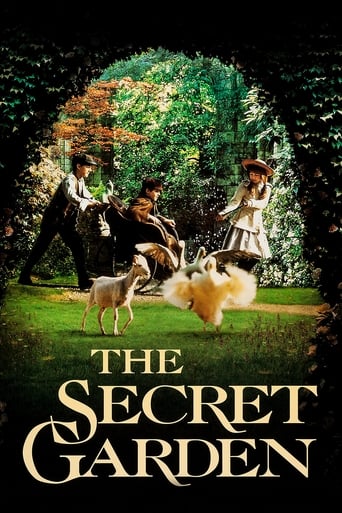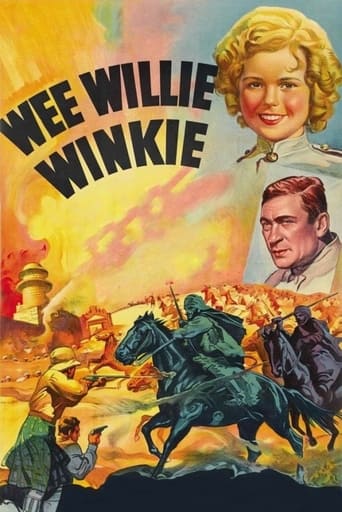
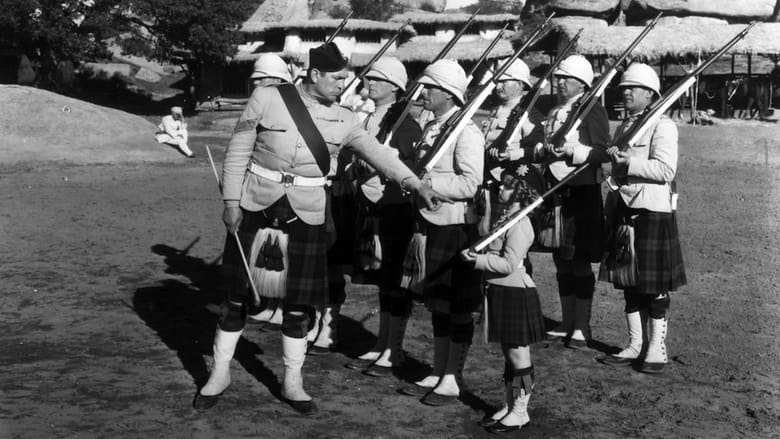
Wee Willie Winkie (1937)
In 1897, little Priscilla Williams, along with her widowed mother, goes to live with her army colonel paternal grandfather on the British outpost he commands in northern India.
Watch Trailer
Cast
Similar titles
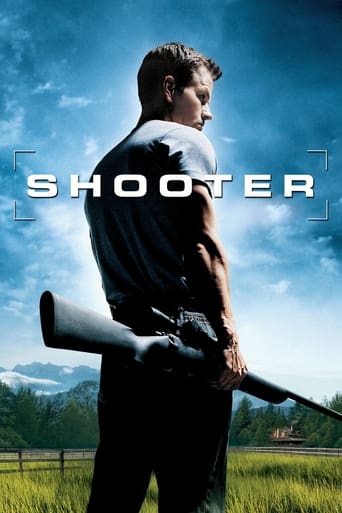
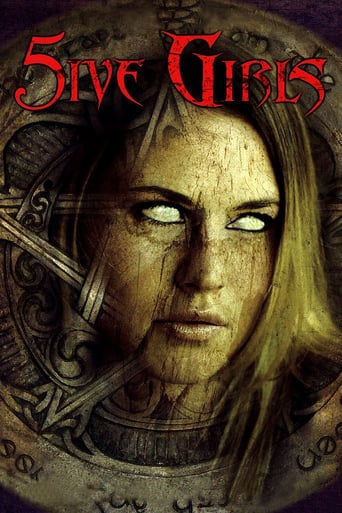
Reviews
Touches You
As Good As It Gets
It is a whirlwind of delight --- attractive actors, stunning couture, spectacular sets and outrageous parties.
what a terribly boring film. I'm sorry but this is absolutely not deserving of best picture and will be forgotten quickly. Entertaining and engaging cinema? No. Nothing performances with flat faces and mistaking silence for subtlety.
Priscilla Williams (Shirley Temple) and her mother go to British-controlled India to reside with Colonel Williams, Priscilla's grandfather. Mother has been left a widow upon the death of her husband and this is the only option. Mrs. Williams doesn't really like the change, but wee Priscilla is enchanted by her new environment. This, in spite of the fact that the Colonel has no idea how to deal with little girls and comes off quite gruff. As can be predicted, she soon melts his heart. In addition, since the grandpapa only knows military life, Priscilla aspires to be a "little soldier". Thus, a tiny replica of the army's uniform is made for her, with the helmet-hat that everyone wears to prevent sun stroke. She is coached in military ways by Sergeant MacDuff (Victor MacLachlan) who also adores the tiny gal. It is he who gives her the name Wee Willie Winkie, since soldiers are rarely called Priscilla. One day, at the market, she sees that a religious token has been dropped outside a window and, picking it up, she gives it back to the owner through iron bars. Yes, he, Kodha Khan (Cesar Romero) is a prisoner. He is so grateful to her and strikes up a friendship. But, alas, he also has plans for a prison break out. A friend uses Winkie to deliver a letter that will "bring peace" to the Khan's heart. If you guessed it writes of "spring me plans", you are correct. Tensions, you see, are high between these Muslim Indians and the British. The breakout takes place. Meanwhile, something happens to MacDuff that changes everything. Soon, Winkie is on her way to make peace with Khan and save the regiment from disaster. Can a small child diffuse a dangerous situation? You bet, when its our Shirley! I count myself, easily, as a gigantic Shirley fan from childhood on and this one was, and remains, a favorite. The story, based on a Kipling work, is unique and beautiful, promoting peace at every turn. Also, the India setting has great charms for those who will never visit the country while the cast is terrific. MacLachlan's performance is so touching, tears will fall from everyone at a critical moment while Romero does nice work, too. The supporting cast is fine as well but, as always, Temple puts on a show well beyond her tender years. Are you just discovering the movies of one of America's treasured child stars? Don't miss this one!
Graham Green published the following review of Wee Willie Winkie. Both he and the magazine Night and Day were sued by Shirley Temple's studio and her guardians. The magazine was bankrupted and Greene fled to Mexico, where he found the material for his novel, The Power and the Glory. When Greene's film criticism was collected in the volume "The Pleasure Dome" this review was omitted. Night and Day, October 28, 1937 The Films by Graham GreeneWee Willie WinkieThe owners of a child star are like leaseholders their property diminishes in value every year. Time's chariot is at their backs: before them acres of anonymity. What is Jackie Coogan now but a matrimonial squabble? Miss Shirley Temple's case, though, has peculiar interest: infancy with her is a disguise, her appeal is more secret and more adult. Already two years ago she was a fancy little piece real childhood, I think, went out after The Littlest Rebel). In Captain January she wore trousers with the mature suggestiveness of a Dietrich: her neat and well-developed rump twisted in the tap-dance: her eyes had a sidelong searching coquetry. Now in Wee Willie Winkie, wearing short kilts, she is a complete totsy. Watch her swaggering stride across the Indian barrack-square: hear the gasp of excited expectation from her antique audience when the sergeant's palm is raised: watch the way she measures a man with agile studio eyes, with dimpled depravity. Adult emotions of love and grief glissade across the mask of childhood, a childhood skin-deep.It is clever but it cannot last. Her admirers middle aged men and clergymen respond to her dubious coquetry, to the sight of her well-shaped and desirable little body, packed with enormous vitality, only because the safety curtain of story and dialogue drops between their intelligence and their desire. "Why are you making my Mummy cry?" - what could be purer than that? And the scene when dressed in a white nightdress she begs grandpa to take Mummy to a dance - what could be more virginal? On those lines in her new picture, made by John Ford, who directed The Informer, is horrifyingly competent. It isn't hard to stay to the last prattle and the last sob. The story about an Afghan robber converted by Wee Willie Winkie to the British Raj is a long way after Kipling. But we needn't be sour about that. Both stories are awful, but on the whole Hollywood's is the better.
Wee Willie Winkie is quite an interesting mix of a film, combining the seemingly disparate talents of Rudyard Kipling, John Ford, and Shirley Temple in one film. The very British Mr. Kipling and the very Irish Mr. Ford is odd enough right there.But when all is said and done it's a cavalry picture, just like Fort Apache, She Wore a Yellow Ribbon, and Rio Grande. The same rough house monkeyshines among the troops, the same tribute to regimental tradition and of course the same Victor McLaglen. All military units for Ford are the same, be they the Scotch Highlanders posted to India or the Seventh Cavalry fighting the Indians.Little Shirley and her mother June Lang go to live with Shirley's grandfather, C. Aubrey Smith, colonel of a regiment on India's northern frontier. He's a spit and polish soldier of the old school, but like she does in all her films, the little moppet melts the old guy.But she does more than that. She also gets into the heart of bandit chief Cesar Romero who probably gives the best performance in the film. He's a warrior chief fighting for his people, but he's light years removed from the terrorists of today. Since Shirley is the only one on speaking terms with Smith and Romero, she stops a frontier uprising as well.Wee Willie Winkie will not go down as one of John Ford's greater films, but it's decently entertaining enough. And I'm sure he didn't care about filming a Kipling story because with Shirley Temple in the lead it was going to make money.
Rudyard Kipling's story serves as the basis for this excellent John Ford film. Mr. Ford, one of America's best directors of all times, got probably a fantastic budget to get this movie made. It paid well as we are given a great account of Mr. Kipling's novel by the man who knew about how to make movies come alive.This was obviously a Shirley Temple vehicle. Ms. Temple was one of the best child actress of all times. Whenever she is in front of the camera, this little girl has a way of stealing the viewer's heart. In all the films we have seen, this seems to be her best, and in fact, Ms. Temple always speaks about her fond memories about this movie.Of course, this film wouldn't have worked the way it did, had it not been by the amazing performance by Victor McLaglen, who as Sgt. MacDuff, befriends the little girl that has come to live at the headquarters where he is serving. His roughness are tamed by the love he feels toward young Priscilla.John Ford got excellent performances from everyone, but of course, Shirley Temple and Victor McLaglen run away with the film and our admiration. C. Aubrey Smith, the distinguished actor makes a great appearance as the Colonel in charge of the outpost in India. Cesar Romero is also good as the rebel Khoda Kahn. June Lang plays Priscilla's mother and Michael Whalen is "Coppy", the man who falls for the young girl's widowed mother.This is a film that will delight anyone, young or old, because it is a timeless classic, thanks to John Ford.
